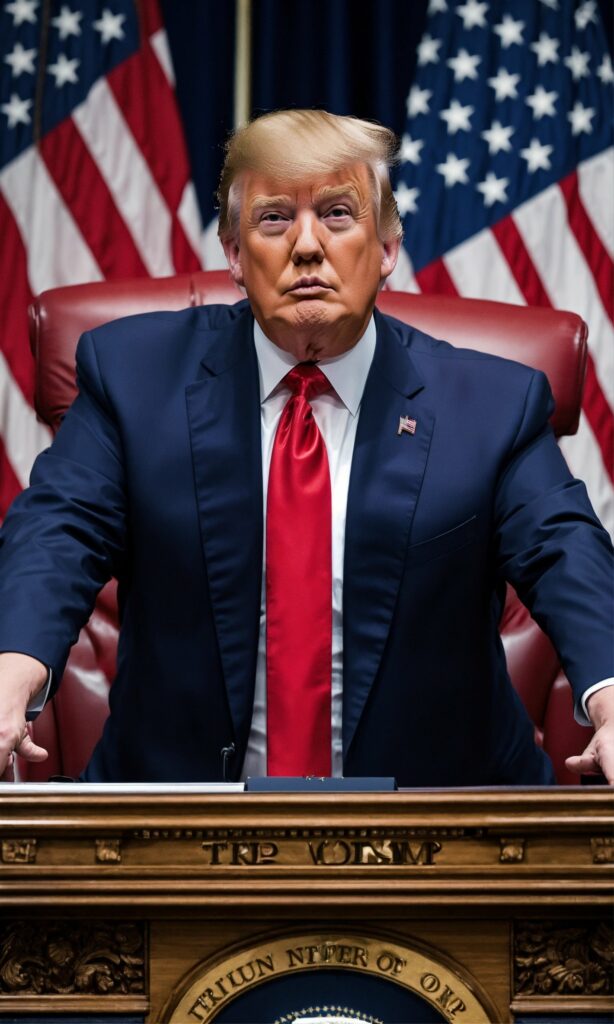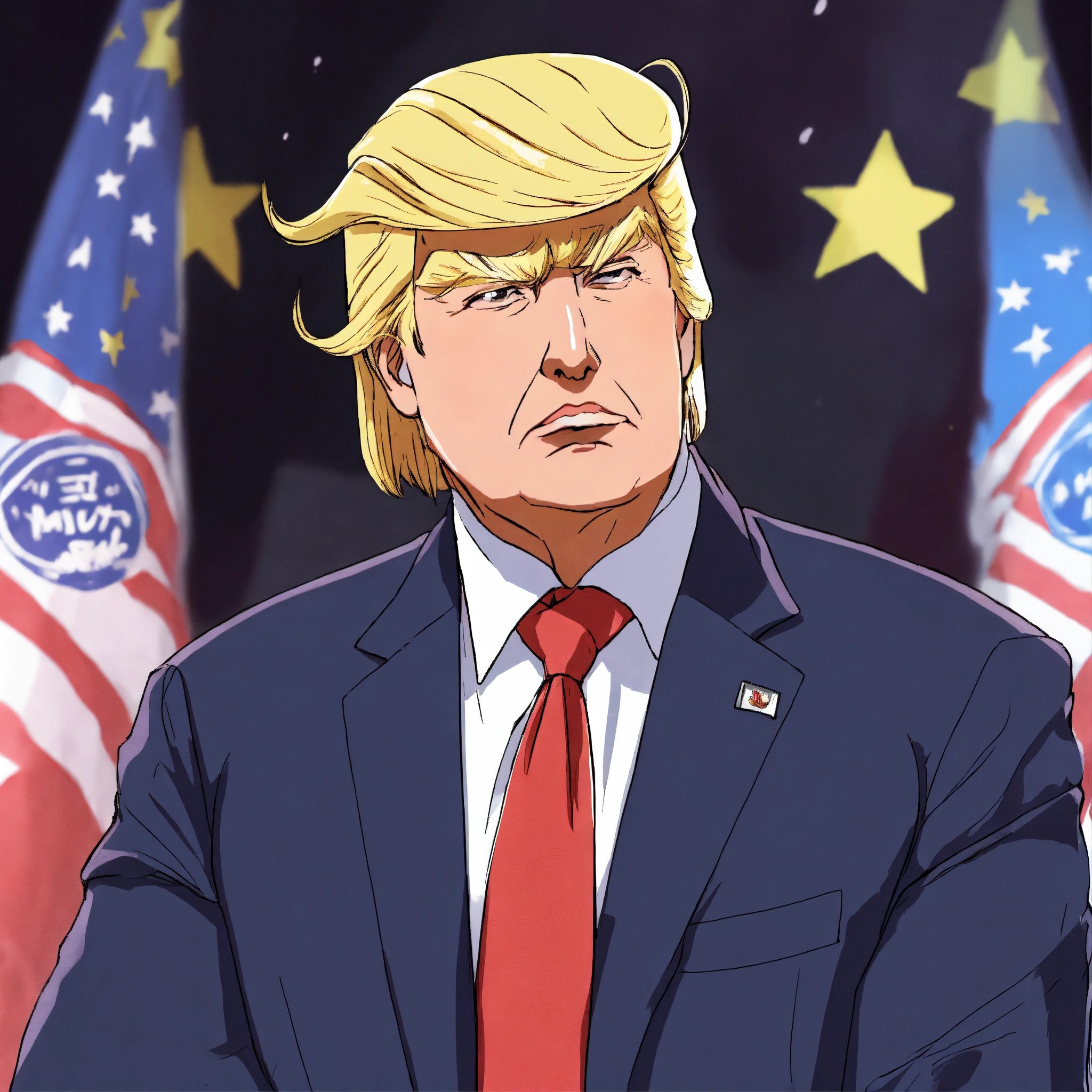Donald Trump Assassination Attempt. Donald Trump, the 45th President of the United States, has been a highly polarizing figure in American politics. His time in office and subsequent influence on the political landscape have generated both strong support and intense opposition. Due to his controversial standing, Donald Trump has been the target of several threats and alleged assassination attempts, drawing significant media attention and raising concerns about the security measures in place to protect public figures in the United States.

In this article, we’ll explore the known assassination attempts and threats made against Donald Trump, the security responses, and the broader implications for political leaders and public figures.
Assassination Attempts Against Donald Trump
While there have been no successful assassination attempts on Donald Trump’s life, several incidents have involved threats and alleged attempts during his campaign and presidency. Here’s a look at some of the most notable cases:
1. Michael Sandford’s Attempt (2016)
One of the most significant and well-known incidents occurred during Trump’s 2016 presidential campaign. On June 18, 2016, a British national named Michael Sandford attempted to grab a police officer’s gun at a Trump rally in Las Vegas. Sandford later admitted that he had planned to use the weapon to assassinate Donald Trump.
According to court documents, Sandford had traveled to the U.S. with the specific intent of harming Trump. He had practiced shooting at a gun range in the days leading up to the rally and approached a Las Vegas police officer, attempting to disarm him. However, Sandford was quickly subdued by security personnel and arrested before he could carry out the plan.
Sandford was later charged with attempting to commit an act of violence and faced legal consequences. He claimed he had been struggling with mental health issues and was sentenced to 12 months in prison before being deported to the UK after his release.
2. Ricin Letters (2018)
In 2018, during Trump’s presidency, a disturbing incident involved letters laced with ricin, a deadly toxin. These letters were sent to Trump and other high-ranking officials, including Secretary of Defense James Mattis and FBI Director Christopher Wray.
The U.S. Secret Service intercepted the letters before they could reach their intended recipients, preventing any harm. A Utah man named William Clyde Allen III was later arrested and charged with sending the letters. Allen reportedly confessed to sending the letters and explained that he had used castor beans, from which ricin is derived, to create the poison.
Although no one was harmed, the incident highlighted the ongoing threats to high-profile political figures and the vital role of federal agencies like the Secret Service in preventing such attacks.
3. Threats from Overseas (Various Incidents)
Donald Trump has been the target of threats not only from within the U.S. but also from overseas. Throughout his presidency, several international terrorist organizations, such as ISIS and Al-Qaeda, made direct or implied threats against Trump, particularly in response to U.S. foreign policies under his administration.
These threats were taken seriously by U.S. intelligence agencies, and heightened security measures were implemented when necessary, particularly during foreign trips and high-profile public appearances. However, no credible assassination plots from these organizations materialized into actual attempts.
Security Measures for Presidential Protection
Given the high-profile nature of the U.S. presidency, significant security measures are in place to protect the President and other government officials. The U.S. Secret Service is tasked with providing comprehensive protection for the President, including risk assessments, physical security, and monitoring of potential threats.
1. The Role of the Secret Service
The Secret Service is responsible for protecting current and former U.S. Presidents, Vice Presidents, their families, and visiting foreign dignitaries. When Donald Trump served as President, the Secret Service was on constant alert to prevent any assassination attempts, whether from individuals, terrorist organizations, or foreign adversaries.
2. Rallies and Public Events
Trump’s large-scale rallies during his campaign and presidency presented significant security challenges due to the open nature of the events and the large crowds. Security teams implemented several layers of protection, including metal detectors, undercover agents, and close coordination with local law enforcement agencies.
3. Private Security Detail
In addition to the Secret Service, Trump has also relied on private security during various points of his career, particularly before he became President. His private security team has been involved in providing additional protection at events and rallies.
Broader Implications of Assassination Threats
Threats and assassination attempts against political figures are not new, but they underscore the toxic and sometimes dangerous nature of contemporary political discourse. In the case of Donald Trump, his divisive rhetoric and policies have made him a lightning rod for both passionate support and vehement opposition.
1. The Political Climate
The rise of politically motivated violence, whether in the form of threats or actual assassination attempts, is a concerning trend in modern politics. Social media has amplified political divisions, allowing hostile rhetoric and threats to proliferate more easily than ever before.
2. Public Figures at Risk
Politicians, regardless of party affiliation, face increasing risks due to the polarized political environment. Assassination threats are often fueled by political, ideological, or personal grievances, and the widespread dissemination of information through digital platforms can contribute to these dangers.
3. The Importance of Civility
While criticism and political dissent are important aspects of a functioning democracy, it is crucial to maintain civility and respect for the democratic process. Political violence, whether actual or threatened, undermines the very foundation of democratic societies and creates a climate of fear and division.
Conclusion
While there have been a few significant threats and assassination attempts on Donald Trump, none have succeeded, thanks to the efforts of the Secret Service and law enforcement agencies. These incidents serve as a reminder of the importance of protecting public figures and maintaining the integrity of political discourse.
As political divisions continue to grow, it’s vital for society to find ways to engage in healthy debate without resorting to violence or threats. The lessons learned from these attempts highlight the need for continued vigilance and a commitment to democratic principles in a time of increasing polarization.


You might also like
Uncategorized
Today’s Recipes on SUPER CHEF CELEBRET – Puerto Rico (2026)
FOOD
4-Ingredient Christmas Shortbread Cookies Recipe – Galletas Navideñas Fáciles y Deliciosas
FOOD
Baked Feta Chickpeas Recipe – Receta Saludable, Fácil y Llena de Sabor